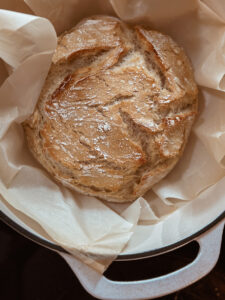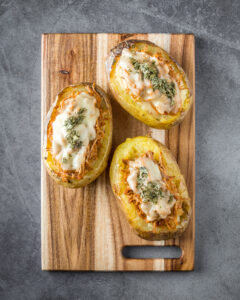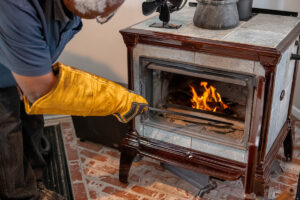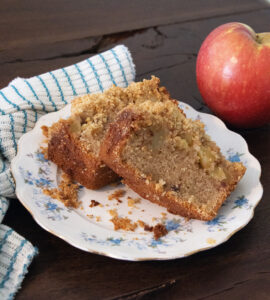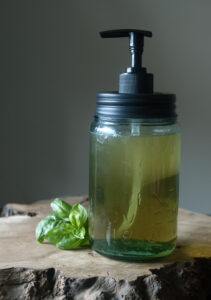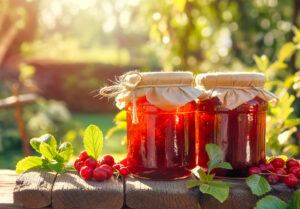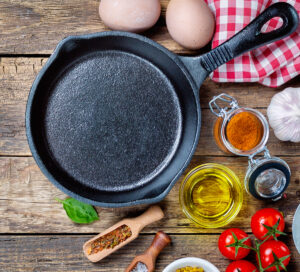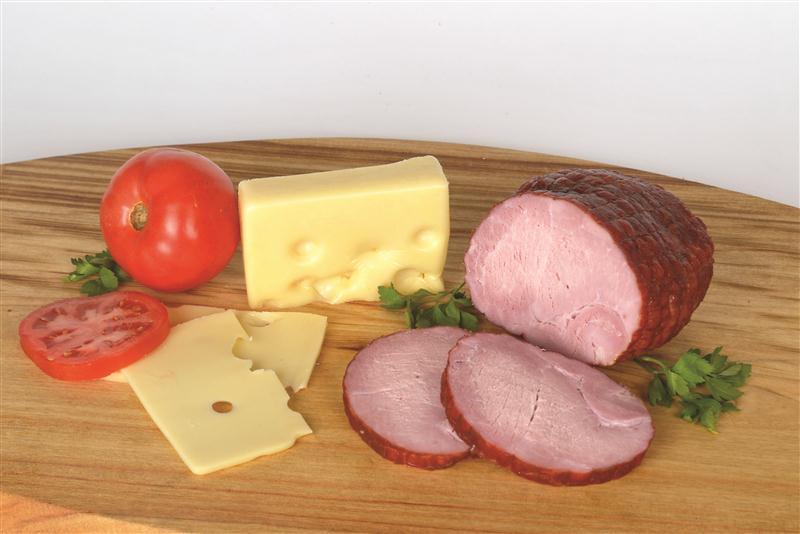
In Ireland and Britain the pantry was the butler’s province in the Big House, otherwise known as a stately home, or manor house. The comestibles that one might store in an American pantry are stowed in a larder over here. And indeed, originally the smoked ham and bacon would have been hung on hooks in that room designated to store food, crockery and cutlery. Additionally, the silver stored in that room was to be kept mirror-bright, an ongoing task for the butler. Few of us today have a designated room like the old fashioned pantry. (After all, whose house looks like the ones on Downton Abbey?)
Sculleries in old fashioned homes have morphed into utility rooms and the crockery, cutlery and food is all stored in the modern kitchen these days, which may also double as the laundry. We need to keep it simple in our smaller, multi-purpose kitchens.
This New Year is a great time to focus on essentials, to tidy away, and take stock. For instance, consider the herb and seasonings cupboard. Absolutely, you do need to flavour enhance and you want to savour your simple living dishes. Surely it can be done without a cupboard groaning with spices, herbs and seasonings. How to trim down to the most used and important to you?
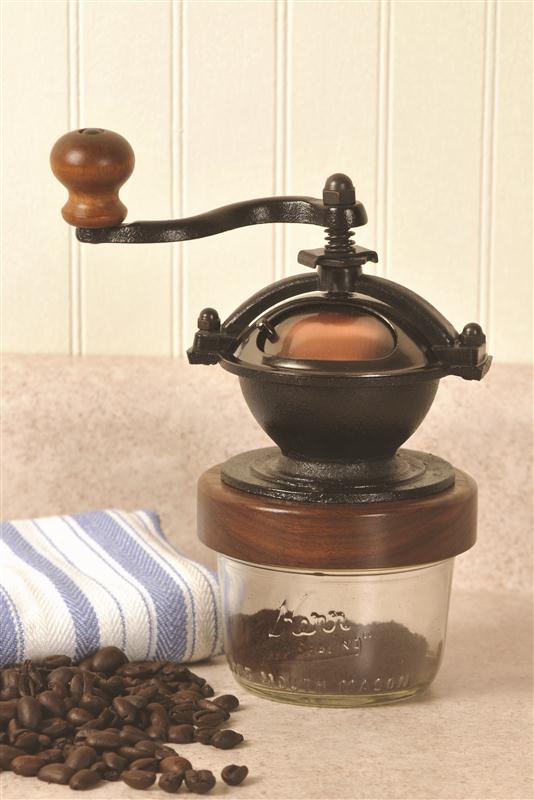
Streamline By Your Tastes
First of all, what do you like to eat? Do you crave the curries of the Indian subcontinent routinely? Or does Tex-Mex make you smile for your supper on the way home from work. Do you crave Mediterranean food when you turn on the opera arias? Or does Japanese, Thai or Chinese stir fry feature on your weekly menus?
Let your palate lead you to the spices that are store cupboard standbys for weekday suppers. And give serious thought to your ethnic origin and your favorite comfort foods.
Gauge By What You Grow
If you garden and have dried herbs from your dehydrator or airing cupboard last summer you may have an array of homegrown herbs to dress up dishes. Rosemary, mint, thyme, bay, sage,oregano and marjoram are all prime candidates for homegrown and dried stored seasonings. Dill, cilantro (coriander) and French tarragon are best chopped up and frozen in ice cube trays.
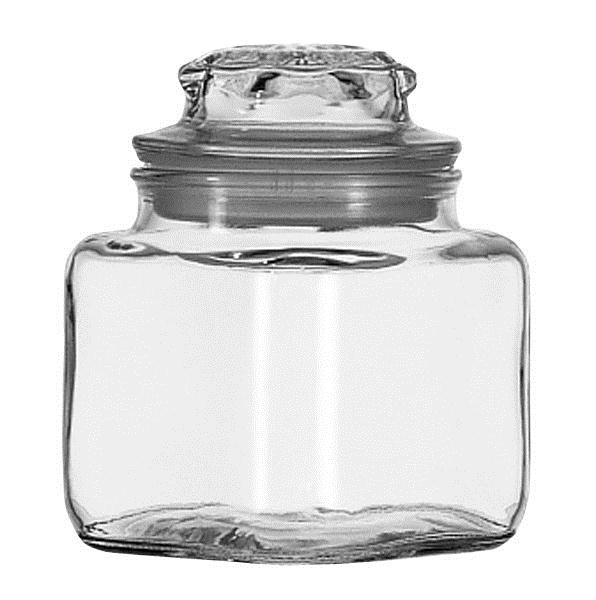
Store dried herbs in airtight containers or jars. Date when you stowed them away. After a year, many will lose their potency. Review, clean out, and see what was used the most. Grow more of the favorites, and drop the rest. Dill, cilantro (coriander) and French tarragon are best chopped up and frozen in ice cube trays.
If You Must Shop, Shop Smart!
Make a list of the seasonings and spices that make your suppers savoury week in and week out. Add salt and pepper. (don’t go mad with the variations; I opt for course salt and pepper in mills and that pretty much covers all jobs!) I buy a store blend of Italian herbs or Herbes de Provence as back up as my homegrown stash dwindles.
I also mix up some dried spices that are a standby for seasoning my homemade soups. But your household might need a name brand of curry powder or chili seasoning if that’s what you regularly use.
Since herbs and spices lose their pungency over time, buy or store little and clear out the cupboard often. Spices and herbs tend to hoarded like those bits of string and twine that we think will come in handy. But then you have a lowering moment when you realise that you have some ten year old star anise covered in dust at the back of the cupboard.
This is why I gave a lot of my cook books away to charity shops; they encouraged me to buy a lot of little or under used ingredients. I only used that star anise once a year for a red cabbage recipe and actually I prefer my caraway seed version!





